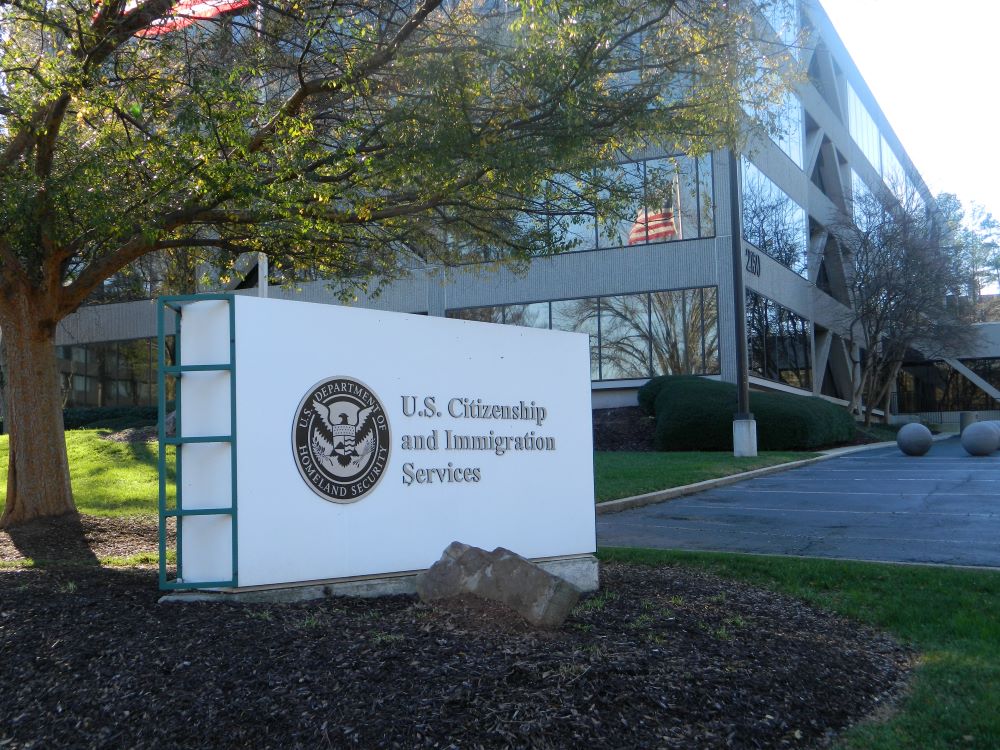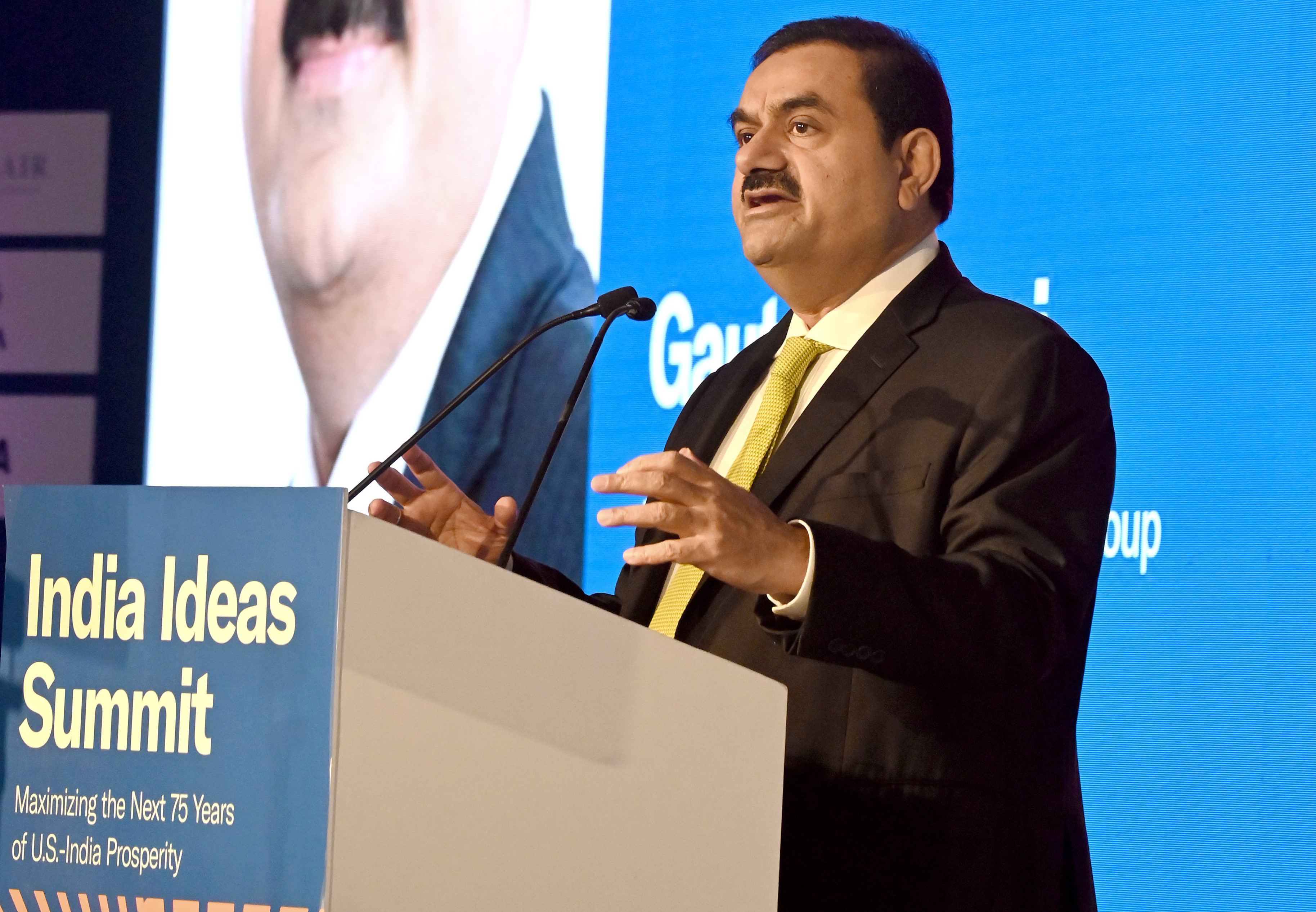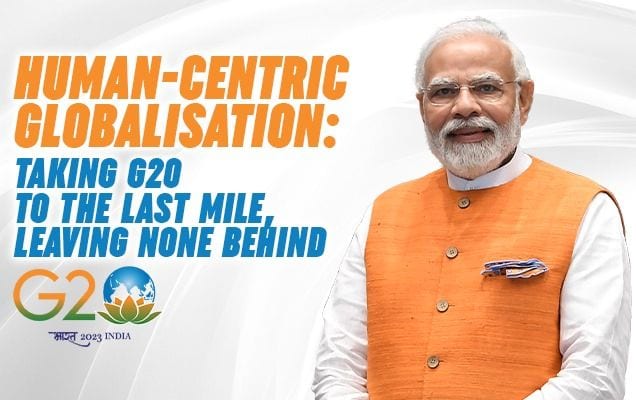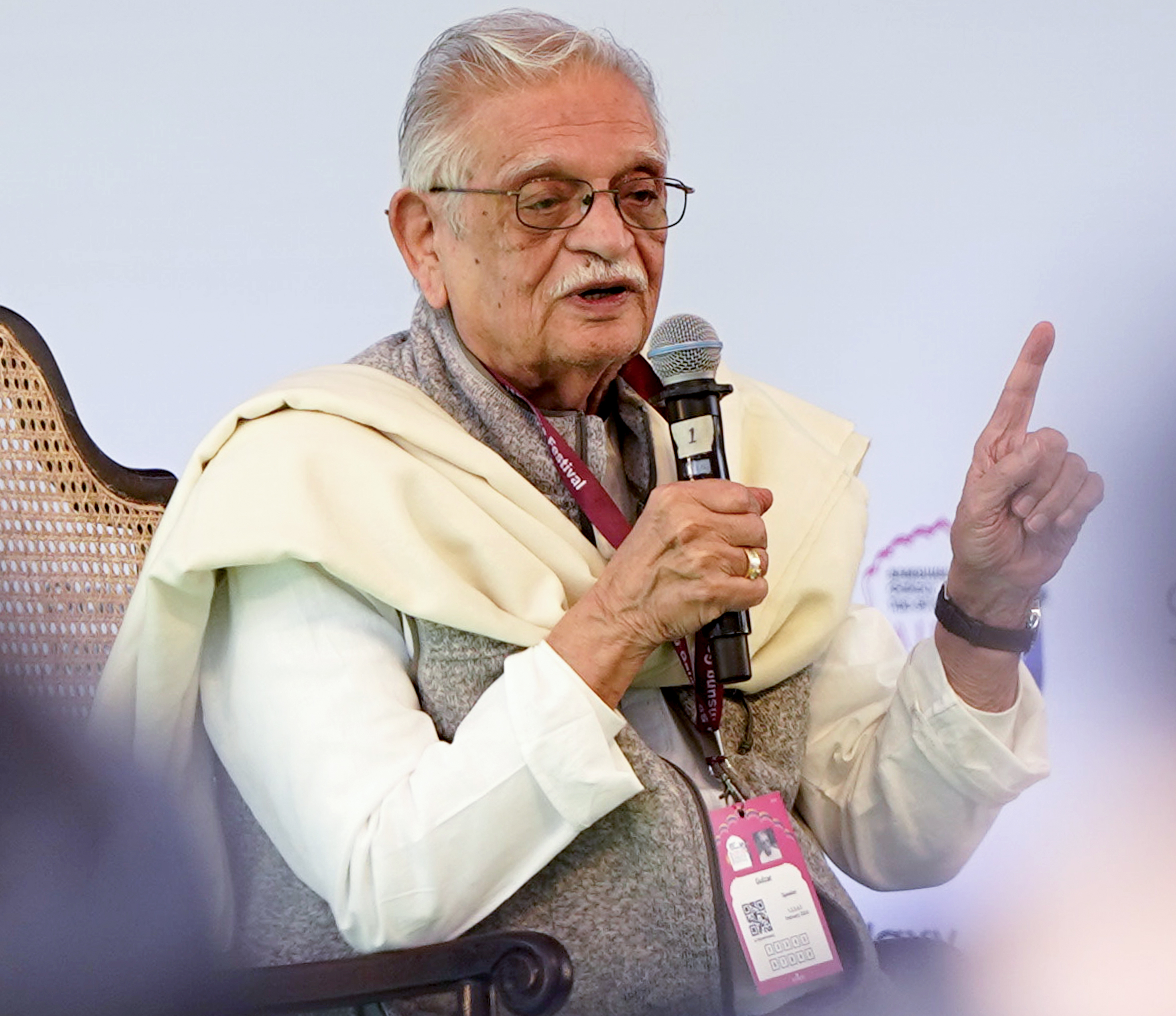Omicron virus is highly infectious and it is going to increase the herd immunity. But can India afford a fifth wave of the deadly virus. Amid political rallies, festivals and social gatherings, India faces a big challenge
Our Bureau
New Delhi
The new coronavirus variant, Omicron, is the predominant circulating strain in India, Indian Council of Medical Research (ICMR) Director General Dr Balram Bhargava said on Wednesday. “Omicron is the predominant circulating strain in cities in the country. Mass gatherings should be avoided to lower the speed of this spread,” Dr Bhargava said during the briefing of the Union Health Ministry. As per the ministry, 2,135 cases of Omicron have been reported in the country with Maharashtra registering the maximum cases followed by Delhi.
The ministry has also said that Maharashtra, West Bengal, Delhi, Kerala, Tamil Nadu, Karnataka, Jharkhand and Gujarat are States of concern where there has been a rise in COVID-19 cases. “28 districts in the country are reporting more than 10 per cent weekly positivity,” Ministry has said.
India on Wednesday reported 58,097 fresh COVID cases and 534 deaths while on Tuesday, the country had recorded 37,379 new COVID cases and 124 deaths.
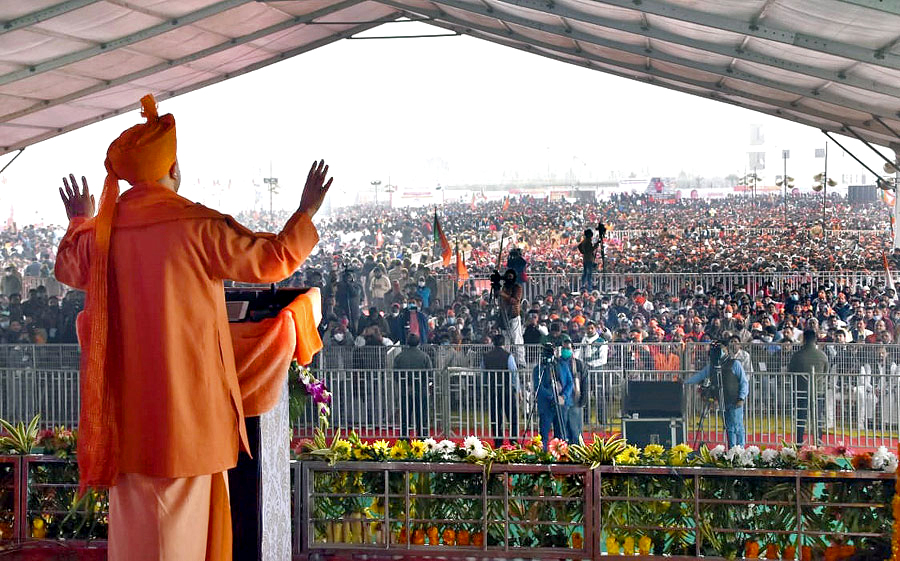
The number of COVID-19 cases in the country has spiralled up and one needs to be careful in the coming days, a senior doctor at the Indraprastha Apollo Hospital said on Wednesday. Senior Consultant, Internal Medicine, Dr Suranjit Chatterjee, Indraprastha Apollo Hospital said, “We are in the third wave as the number of cases has spiralled up and we have to be careful in the coming days.” “The cases are increasing by the day. Also, because of the festivities like New Year celebrations, people went to different cities of the country. They have got infected over there as well. We are in the third wave. There is no doubt about it,” Chatterjee said.
Talking about how political rallies are contributing to the surge in COVID cases, Chatterjee said, “Obviously, in the political rallies, you see a rush. Hardly a few are seen wearing a mask. From the government point of view, they need to have restrictions. I believe that these rallies also need to stop. The transmissibility of Omicron is so high that it is spreading like wildfire.”
“Many people who visit different cities are found without masks. Many of them in smaller cities are not even wearing a mask. People are not scared of Omicron as they are dismissing it as a mild variant. Following this, many people are not practising social distancing now,” he said.
On whether the Omicron variant is a deadly variant of COVID, Chatterjee said, “Till now Omicron is not a very virulent disease. It is very transmissible but it’s not virulent. It is such a highly transmissible virus. People having co-morbidities, asthmatic, diabetes might become sick. Not just because of COVID-19, all other viruses can make them sick.”
“Vaccination is a must. Vaccinate as early as possible and as many people as possible. The government has to monitor that people do not accumulate in a place. Citizens have to take a lot of precautions. If we take a lot of precautions, curtail our movement and only do essential stuff, I think that’s the way ahead because we have seen that this virus has an immune escape phenomenon. That means people who have had infections earlier, vaccinated fully are also getting infected. So, the only way to protect yourself is masking yourself, maintaining social distancing and not going to these parties and avoiding all gatherings,” he further said.
“The increase in COVID-19 cases in winter is a matter of concern for children, the elderly, pregnant women and co-morbid patients with cancer, COPD or respiratory failure”, said Dr Suresh Kumar, MD of Lok Nayak Jai Prakash Narayan Hospital (LNJP) on Wednesday.
Hospital admission of COVID-19 patients has increased in LNJP over the last 4-5 days added Dr Suresh Kumar amid the rising COVID-19 cases in Delhi. Delhi on Wednesday reported 10,665 new COVID-19 cases. “Most of the cases that we are witnessing now is from Omicron, few from Delta.”
Delhi recorded more than an 11.88 per cent positivity rate on Wednesday. “This means that the number of infected patients is increasing rapidly. The major contributor to this is Omicron. But most of the patients are stable”, added the doctor.
According to him, not a single Omicron patient is on oxygen. “All the patients that we have treated, none of them needed oxygen”, Dr Kumar added.
“Hospital admission for COVID-19 cases is increasing since the last four-five days. Compared to the last two weeks, we can say that earlier four-five patients used to come every day, now 15 to 18 patients are coming every day”, Dr Kumar added.
Meanwhile, with the increasing COVID-19 cases, the COVID Care Centres of Delhi are also being made operational one by one. Most of these centres are attached to LNJP.
Meanwhile, the Union Health Ministry on Wednesday confirmed the first death due to the Omicron variant of the COVID-19 in India. While addressing a press briefing, the Joint Secretary of Union Health Ministry Lav Agarwal said, “Technically it is Omicron related death in Rajasthan. He was an elderly person. The person is reported to have co-morbidities, like diabetes among others.”

Amid a rise in COVID-19 cases across the country, the Centre on Thursday asked States and Union Territories to set up control rooms at district and sub-district levels to ensure ease of access to services for COVID management. Depending on the caseload, the control rooms shall remain functional round the clock to provide validated guidance/ support to the patients.
The Centre also said that control rooms should also monitor the availability of different types of beds across the assigned health facilities and shall counsel the patients/ attendants to avail only the required services based on clinical symptoms and availability of beds. A clear and transparent mechanism for the allotment of beds must be ensured by the Control Rooms.
Centre said, “Control Rooms shall also be responsible to make outbound calls to the patients under home isolation for regular monitoring of their status.”
“One of the core responsibilities of the Control Rooms shall also be to collate the daily status report of all patients under home isolation in their jurisdiction and submit the same to the district administration,” it added.
In another serious warning, Dr PS Chandra, Professor, Neurosurgery, AIIMS in Delhi said that the COVID-19 cases which are rising exponentially now in the country will start declining in a few weeks, but caution is important and we should prepare for the worst while hoping for the best. “There are reasons to believe that this will be over within weeks, As, it has happened in Africa and South Africa hardly has any cases as of now numbers are reducing. So, these are the silver lining but again, we have to be cautious for a couple of reasons. First, it is very, very infectious. So obviously you know we should not let our guard down. So, continue masking, continue social distancing, then continue working from home. Avoid any kind of unnecessary travel, avoid any kind of unnecessary gathering, public gathering is to be completely discouraged. So, all these things have to be continued,” said Dr Chandra.
He further said the Omicron virus is highly infectious and it is going to increase the herd immunity.
“There are certain several silver lining to it, and we should go forward with a sense of caution. And our strategy should be that we prepare for the worst and hope for the best. A large number of people are asymptomatic, which is good in a way because it’s likely to increase the herd immunity, so more people, you know, get infected and they’re completely asymptomatic. Obviously, it’s going to form that immunological barrier to prevent the further stretch and again, lastly, but not the least, because it’s highly infectious,” he said.
Dr Chandra showed concern over hospitalization and emphasized taking precautions. He further said that most resident doctors in his team are sick and if healthcare workers get sick in a large number, then that can lead to trouble for the whole system.
“We have to protect our healthcare workers. They have to take full precautions because they are the soldiers on the frontline. So, if they are going to fall down who’s going to take care of all the patients. So, for instance, in my unit you know, almost 50 per cent of the residents are sick. They’re all having mild symptoms, they’re doing well. But the fact is, they have not been able to report for work. So that’s very, very crucial that the healthcare workers must be protected, not just for their own sake, but also for the sake of taking care of people who are sick with COVID-19,” said Dr Chandra.
It is a warning India can’t take lightly.



















